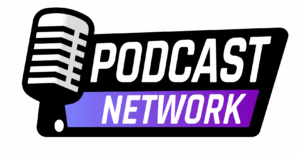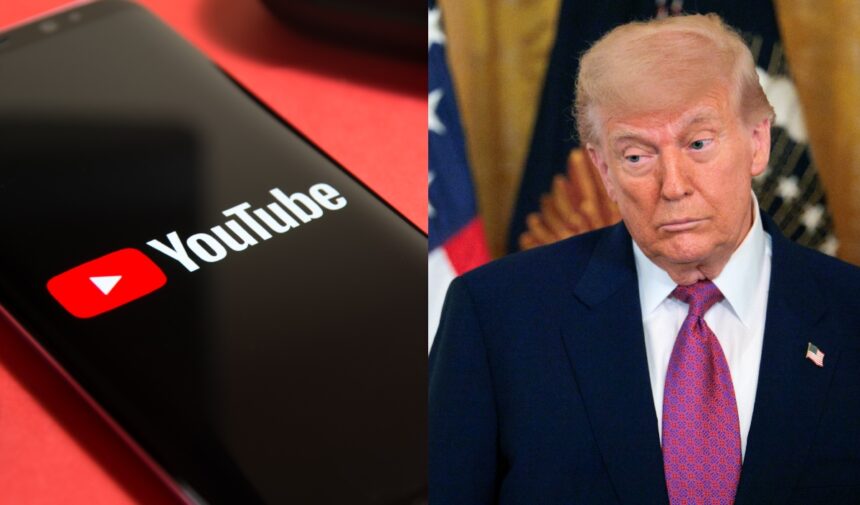Alphabet-owned video platform YouTube agreed to pay $24.5 million to settle the lawsuit filed by U.S. President Donald Trump following the suspension of his account in January 2021 after the assault on Capitol Hill.
Under the terms of the settlement, $22 million will go to the Trust for the National Mall, an organization that works to preserve historic monuments in Washington D.C., and in this case will fund the construction of a new ballroom at the White House. The remaining $2.5 million will be divided among other plaintiffs who also accused YouTube of censorship, including writer Naomi Wolf and the conservative organization American Conservative Union.
Trump’s suspension and return to YouTube
Trump’s official account was suspended in January 2021, days after the Capitol assault, on the grounds that his posts could “incite ongoing violence.”
The sanction was longer than that of other social networks such as Meta (Facebook and Instagram) or X (formerly Twitter), and was lifted until March 2023, when YouTube announced that it was once again allowing him to publish.
The case against YouTube was one of multiple lawsuits Trump initiated in 2021 against big tech, alleging political censorship and violations of his freedom of speech.
In 2025, both Meta and X also reached settlements: Meta paid US$25 million and X accepted US$10 million to settle similar claims.
YouTube admits no liability
As in other settlements, YouTube clarified that the agreement is not an admission of guilt or of having violated the rights of the former president.
The company defended that it acted in line with its moderation policies, designed to prevent incitement to violence and protect the digital community.
This case reflects a broader debate about the power of social networks to control public discourse.
For the U.S. Hispanic community, it has two key implications:
Freedom of expression and social networks: platforms can block accounts, including those of political leaders, which raises questions about neutrality and the impact on the information that reaches millions of Spanish-speaking users.
Politics and elections: Trump has been a candidate with strong impact among immigrant communities. The return of his voice to platforms such as YouTube coincides with the campaign for the 2026 elections, which could influence the debate on immigration, security and employment, issues that are central to the Latino population.
With more than 20 million subscribers on YouTube, the return of his channel once again opens a space for direct communication with voters and supporters, in a context where digital influence can define U.S. politics.
Más allá de lo económico, el acuerdo simboliza el cierre de un capítulo en la confrontación entre Trump y las grandes tecnológicas
QuéOnnda.com














